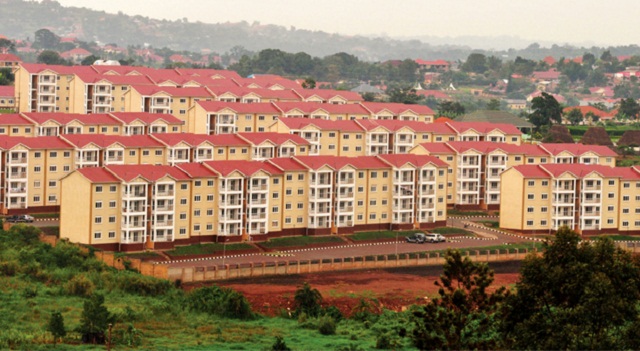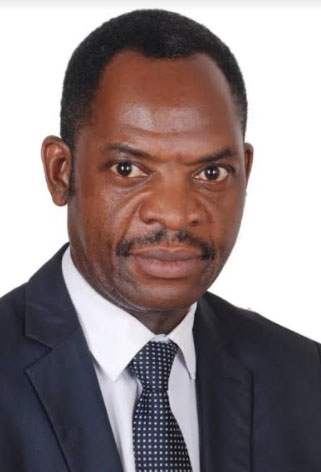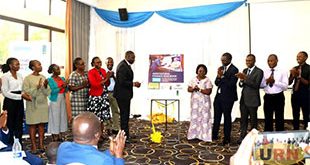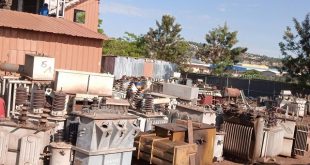
With a projected urbanization of 5.6% per annum, a more orderly response to the rapid urbanization in Uganda is needed
COMMENT | Abdul Kyanika | In 2020, Uganda’s population constituted about 46 million people of whom 27% were urban residents. Urban households are predicted to grow from 2.9 million in 2020 to 3.8 million in 2025, with an increase of 180,000 housing units needed by 2025 to accommodate the growing population.
According to research from Uganda Bureau of Statistics on Uganda’s construction and rental activities, Ugandans are growing at a rate of 3.6% per year, making Uganda the third highest population growth rate in Africa.
With the projected urbanization of 5.6% per annum, a more orderly response to the rapid urbanization in Uganda is needed. With one of the biggest factors hindering the proper take off Uganda’s housing sector in urban areas, being the economic gap between the poor and wealthy with over 60% in urban areas living in slum areas, scaling and deepening on an affordable housing supply is among the recommendations several have tabled.
The relatively high cost attached to constructing decent homes, has resulted to the under privileged or rather low-income earners settling in substandard housing. The mortgage loans and solutions available that cushion those looking to construct decent housing barely caters for these individuals and as such the cycle of poor housing continues.
Microfinance housing solutions however, are seemingly quite ideal since most Ugandans looking to venture into real estate need solutions that will ultimately foster the rise of proper housing in the country. This can start right from the land surveying process, acquisition of land, to the construction of houses, apartments and commercial buildings. Generally, several financial institutions have sought to offer affordable solutions aimed at promoting the better housing agenda.
For instance, Centenary Bank offers Ugandans housing loans like; Cente Home Loan, Cente land loan, Cente Housing loan, and Cente Home Improvement Loan make construction smooth right from the acquisition of land, to the completion of the housing project and maintenance. These micro housing loans offer beneficiaries between Ugx 100,000 to Ugx 50M that can be used for various purposes and paid back over a period of between three months to 5 years depending on amount required, repayment capacity and collateral pledged by the client.
With such loans in place, the capacity of local development and construction is boosted, in the long run. Smart cities are a vision most city authorities envision. This will come to light, if only the financial burden of actualizing it is lifted off the shoulders of the citizens trying to make ends meet.
It is no doubt that most Ugandans opt to construct only when they have accumulated a certain amount of money. The knowledge of affordable finance for home construction is one that will be sounded countless times until its concept is fully embraced.
Through awareness programs and campaigns, eventually the dream of smart and decent housing will soon become a reality. Until most Ugandans understand the importance of housing loans, decent housing will be left for a certain section of the society.
 Abdul Kyanika is the Manager Housing Business Retail and Microfinance Centenary Bank
Abdul Kyanika is the Manager Housing Business Retail and Microfinance Centenary Bank
 The Independent Uganda: You get the Truth we Pay the Price
The Independent Uganda: You get the Truth we Pay the Price



